

REACH - RDC - Base de données - ICSM - Décembre 2023
XLSX561.9K
The Democratic Republic of Congo has been plagued by a complex humanitarian crisis marked by localized violence and ethnic conflict for decades. These dynamics have been amplified by widespread health issues, such as recent Ebola outbreaks. In 2019, the Humanitarian Response Plan for the Democratic Republic of the Congo stated that an estimate of 12.8 million people were in need of humanitarian assistance − approximately 13% of the country’s population.
Due to this volatile situation and the need to launch adapted responses as quickly as possible IMPACT, through its initiative REACH and partner ACTED, is supporting humanitarian actors in strengthen assessment activities and implementation. IMPACT has also provided critical humanitarian information to aid actors and response planners since first deployed to the country.
The displacement crisis in North Kivu, Democratic Republic of Congo (DRC), is rapidly worsening, exacerbating existing vulnerabilities in a region already beset by severe and persistent needs. Our research highlights the urgent need for food assistance, the rising risk of gender-based violence (GBV) among internally displaced persons (IDPs), and the critical need for long-term solutions to support livelihoods and resilience.
Community voices from DRC
Community members in North Kivu are expressing a desperate need for food and stable employment. ‘We need food now, but we also need jobs to sustain our families in the long term,’ says a local resident from Goma.
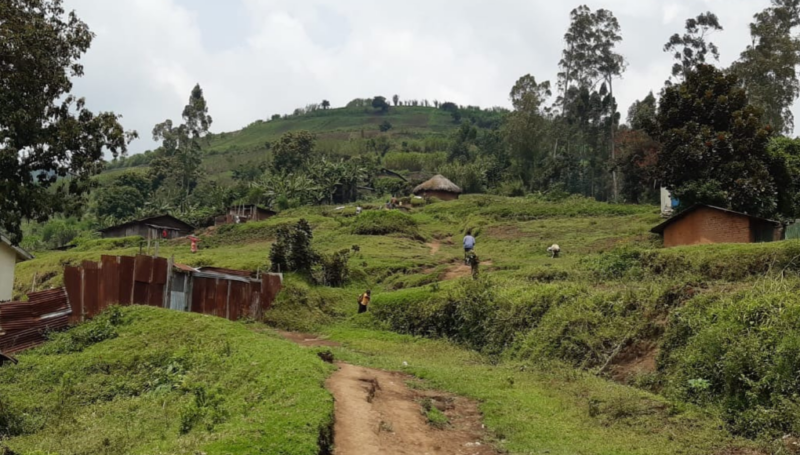
Eastern DRC is a vast region, home to over 100 million people. As of November 2024, nearly 6.9 million people have been displaced, making it one of the largest displacement...
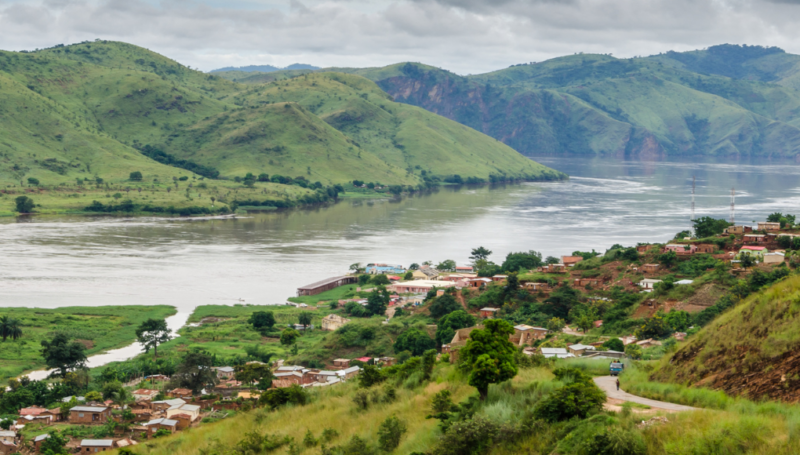
L’instabilité et les conflits à l’Est de la République Démocratique du Congo (RDC) ont entraîné un déplacement massif de la population, notamment dans la région de Goma, capitale du Nord-Kivu....
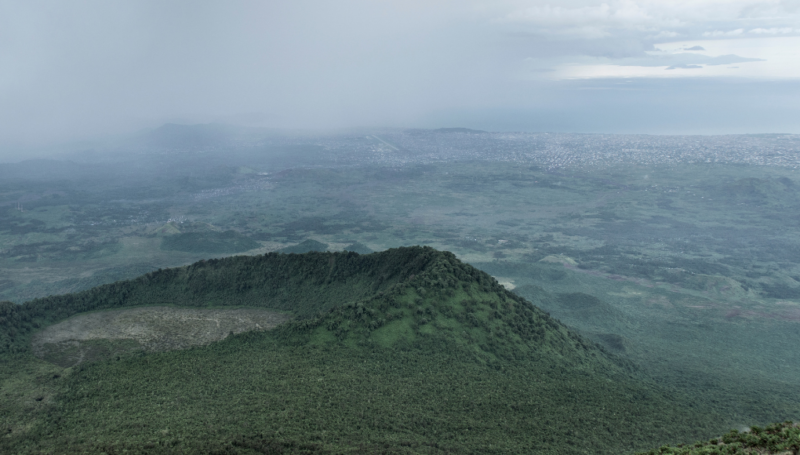
The displacement crisis in North Kivu, Democratic Republic of Congo (DRC), is rapidly worsening, exacerbating existing vulnerabilities in a region already beset by severe and persistent needs. Our research highlights...


REACH - RDC - Base de données - ICSM - Décembre 2023
XLSX561.9K

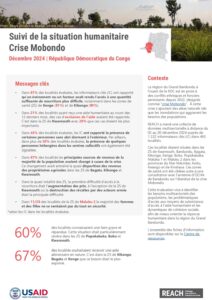
REACH RDC - Suivi de la situation humanitaire - Crise Mobondo - Grand Bandundu - Décembre 2024
PDF5.7M


REACH - RDC - Base de données - ICSM - Tendances annuelles 2024
XLSX149.8K


REACH - DRC - Factsheet - HSM - Cartographie-Bugeri- Janvier 2025
PDF2.4M


REACH RDC - Factsheet MSNA - Zones de Santé Pinga et Kayna - Août 204
PDF1.2M


REACH RDC - Factsheet MSNA - ZS de Hauts Plateaux et Minembwe - Sud Kivu - Août 2024
PDF1.3M


REACH - RDC - Base de données - ICSM - Novembre 2024
XLSX422.9K


REACH - RDC - TDR Evaluation Remote Sensing TGK_2411
PDF387.1K


REACH - RDC - ICSM - Factsheet Novembre 2024
PDF7.8M


DRC_KAP survey Mpox_HouseHold_KI_DAP
XLSX126.8K

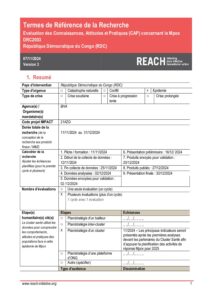
DRC_TORs_Public Health_CAP Mpox_Novembre2024
PDF311.4K


REACH RDC - Factsheet MSNA - Territoire de Rutshuru Nord Kivu - Août 204
PDF2.3M

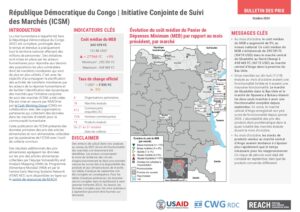
REACH_RDC_ICSM_Factsheet Octobre 2024
PDF7.1M

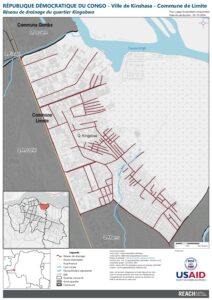
REACH - RDC - Réseau de drainage du quartier Kingabwa dans la ville de Kinshasa
PDF1.0M

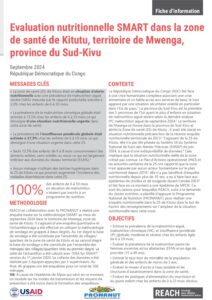
REACH_Factsheet _Evaluation SMART_Kitutu_Septembre_2024
PDF1.0M

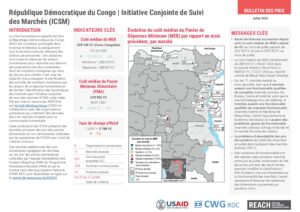
REACH_RDC_ICSM_Factsheet Juillet 2024
PDF7.0M